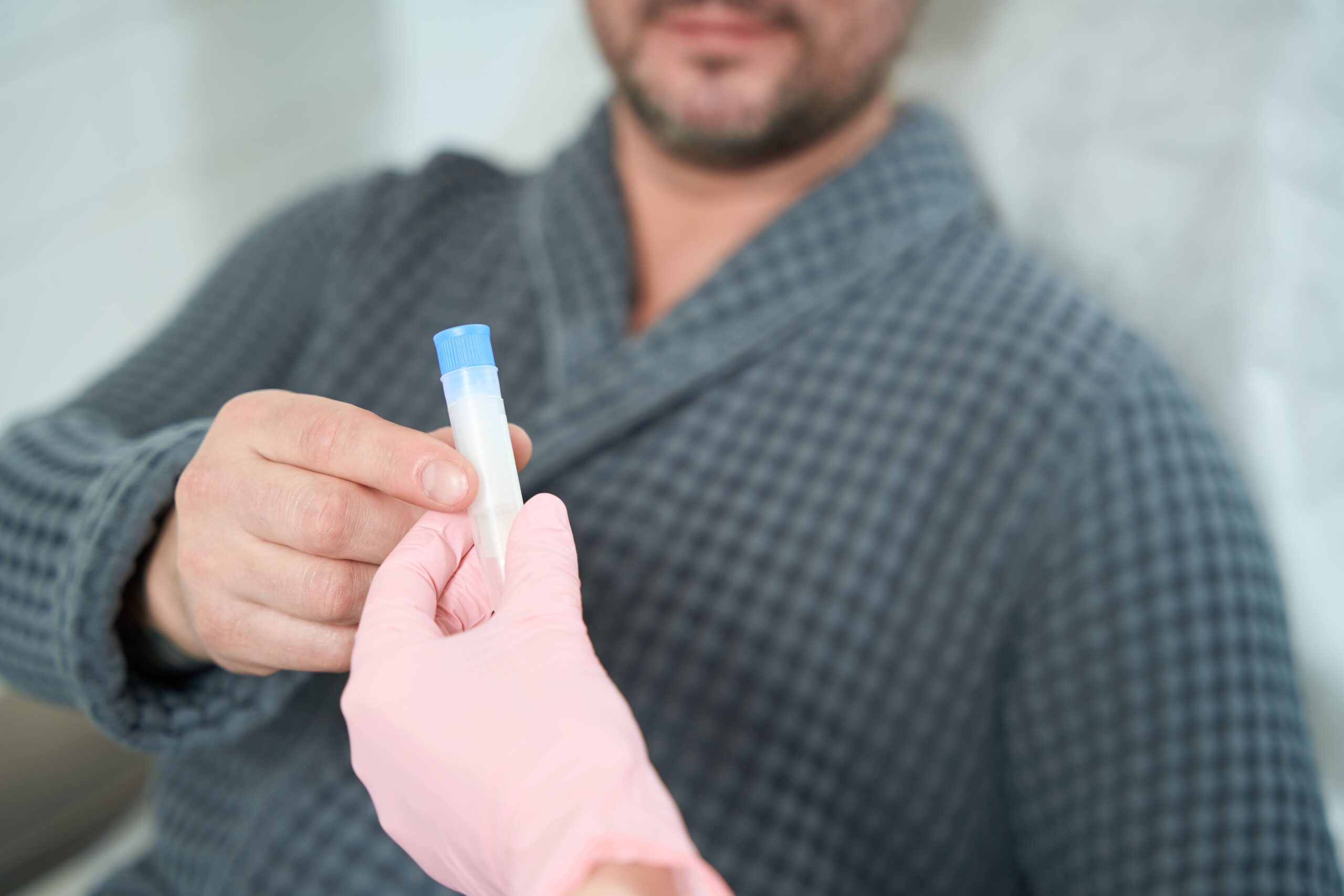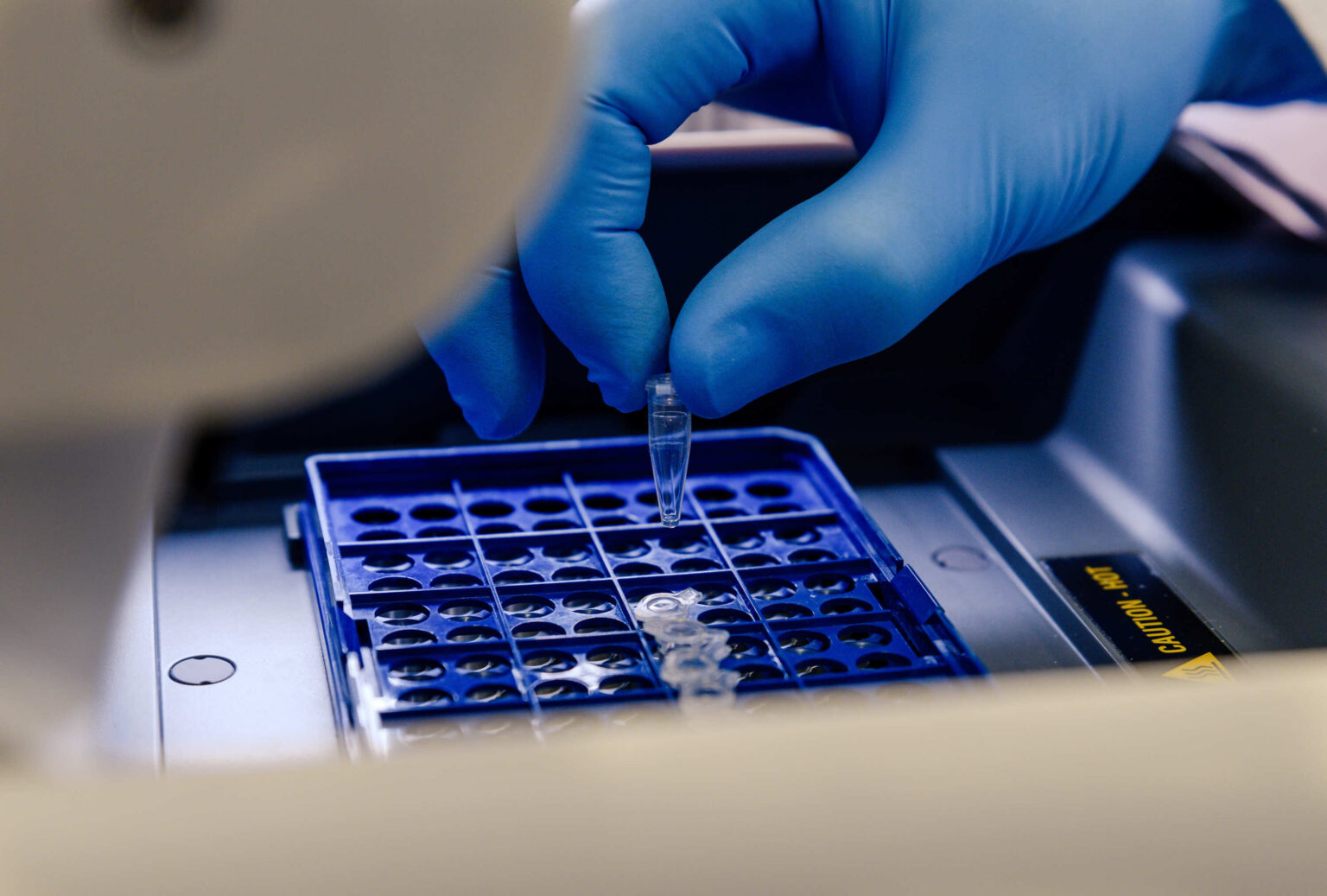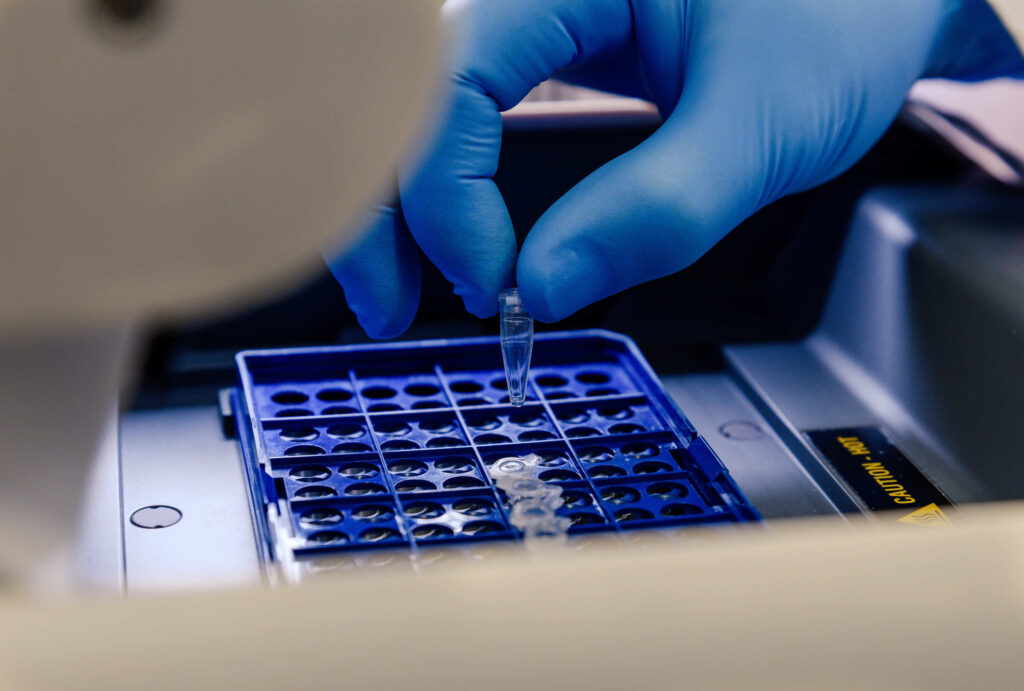Who Should Consider PCR STD Testing?
PCR STD testing is appropriate for a wide range of people, particularly those who are at a higher risk of contracting an STI or have specific medical concerns. Here are some groups that may benefit from PCR testing:
-
Individuals with Multiple Partners or Engaging in Unprotected Sex
Those who have multiple sexual partners or have engaged in unprotected sex are at a heightened risk of STIs. Regular PCR testing provides early detection to help prevent the spread of infections and maintain optimal sexual health.
-
Individuals Experiencing Symptoms of STIs
Common symptoms of STIs include unusual discharge, pain during urination, itching, and sores. PCR testing can accurately identify the specific infection, allowing healthcare providers to offer the most effective treatment.
-
Routine Testing for Sexually Active Individuals
Routine testing is recommended for anyone who is sexually active, even if symptoms are not present. PCR tests help catch asymptomatic infections that may otherwise go undetected, reducing the risk of spreading infections unknowingly.
-
Pregnant Individuals or Those Planning Pregnancy
STIs can have an impact on pregnancy, potentially affecting the health of both the mother and the baby. PCR testing offers accurate detection to ensure infections are managed promptly before or during pregnancy.
-
Patients Undergoing Treatment for an STI Who Require Retesting
PCR testing is useful for confirming the effectiveness of STI treatment, as it can accurately show whether an infection has been fully cleared from the system.



